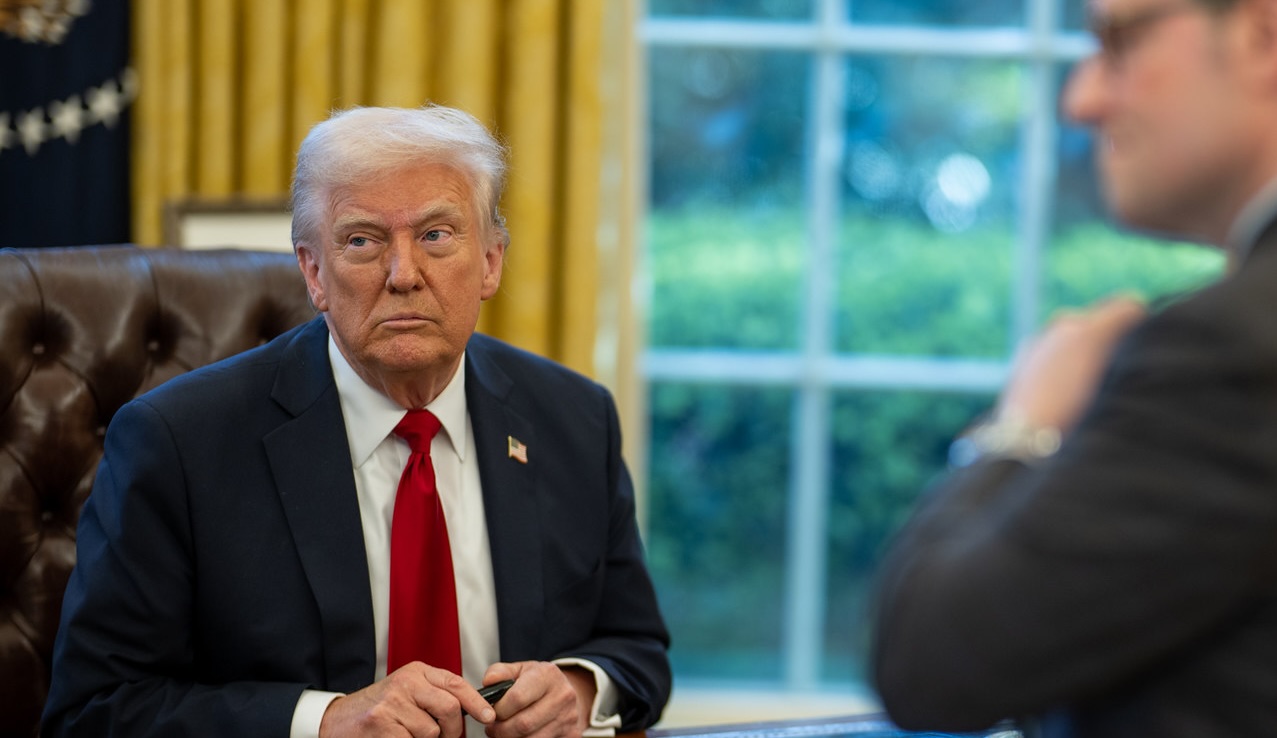Already a subscriber? Make sure to log into your account before viewing this content. You can access your account by hitting the “login” button on the top right corner. Still unable to see the content after signing in? Make sure your card on file is up-to-date.
The Trump administration is considering expanding its travel ban to include 36 additional countries.
Some shit you should know before you read: If you’re unaware, last week President Trump announced a full travel ban on citizens from 12 countries, including Afghanistan, Myanmar, Chad, the Republic of Congo, Equatorial Guinea, Eritrea, Haiti, Iran, Libya, Somalia, Sudan, and Yemen. According to the administration, the bans were justified on national security grounds, with the White House stating that these nations failed to provide adequate information for the US to properly vet their citizens or posed a threat due to terrorism-related activities. The administration said that these restrictions were part of an effort to prevent foreign terrorists from entering the country.

What’s going on now: First reported by The Washington Post, the Trump administration is weighing a significant expansion of its travel restrictions to include 36 additional countries, according to an internal State Department memo. The memo, signed by Secretary of State Marco Rubio and circulated to US diplomats, outlines concerns about these countries’ ability or willingness to comply with updated US vetting and information-sharing standards. The countries under consideration span Africa, the Caribbean, Asia, and Oceania, including: Angola, Antigua and Barbuda, Benin, Bhutan, Burkina Faso, Cabo Verde, Cambodia, Cameroon, Côte d’Ivoire, Democratic Republic of Congo, Djibouti, Dominica, Ethiopia, Egypt, Gabon, The Gambia, Ghana, Kyrgyzstan, Liberia, Malawi, Mauritania, Niger, Nigeria, Saint Kitts and Nevis, Saint Lucia, São Tomé and Príncipe, Senegal, South Sudan, Syria, Tanzania, Tonga, Tuvalu, Uganda, Vanuatu, Zambia, and Zimbabwe.
The memo indicates that these nations have 60 days to address the administration’s concerns or face partial or full suspension of entry into the United States. An initial plan of action from each country is due by Wednesday.
Benchmarks that nations must meet include demonstrating secure and verifiable identity documentation practices, improving data-sharing related to criminal and terrorist activity, and cooperating with US deportation efforts. Some countries were also flagged for offering citizenship-by-investment programs without residency requirements (viewed by US officials as a potential national security loophole). Additionally, the memo cited concerns over individuals from some of these nations engaging in antisemitic or anti-American activity within the US.







